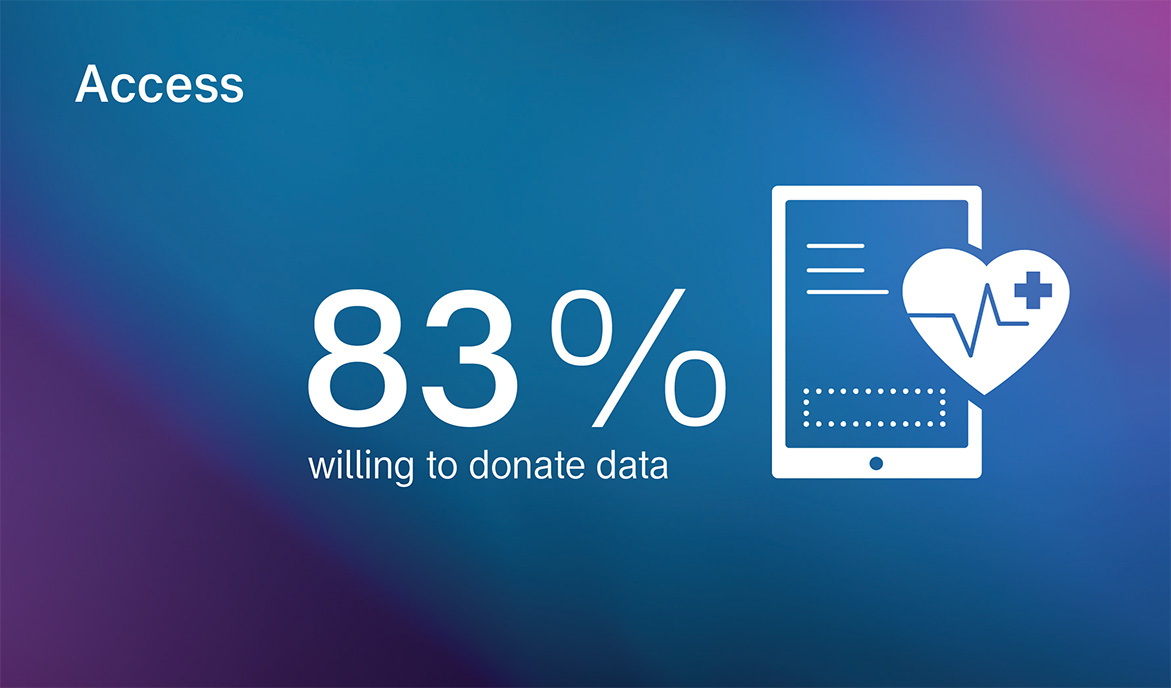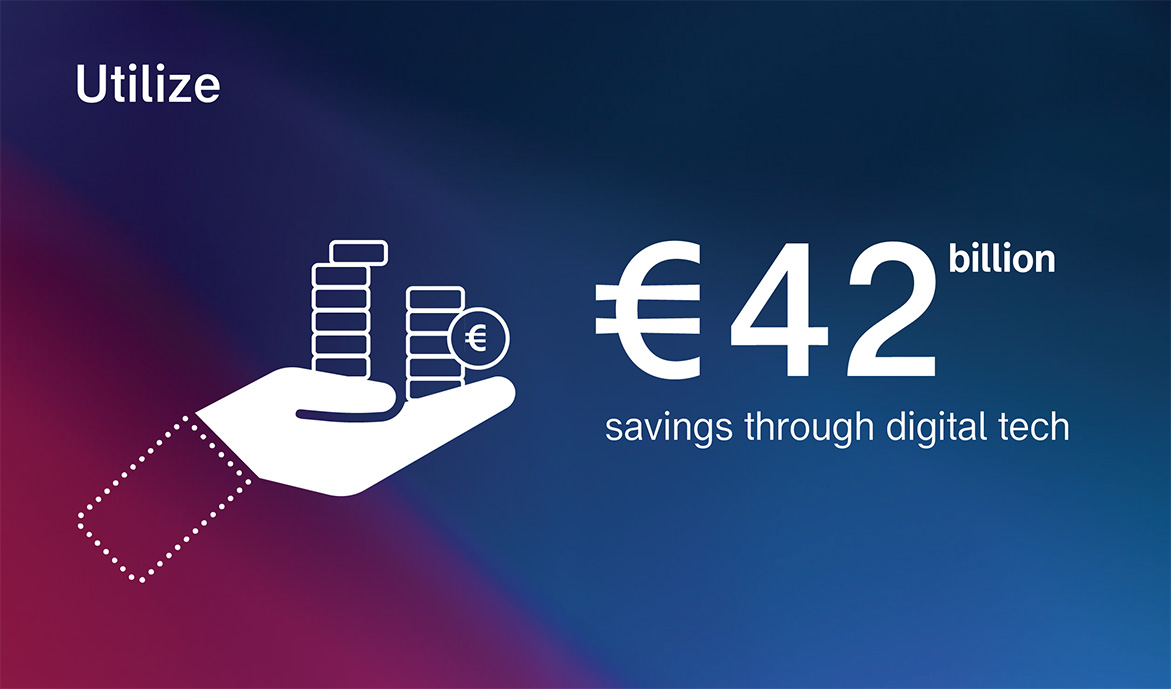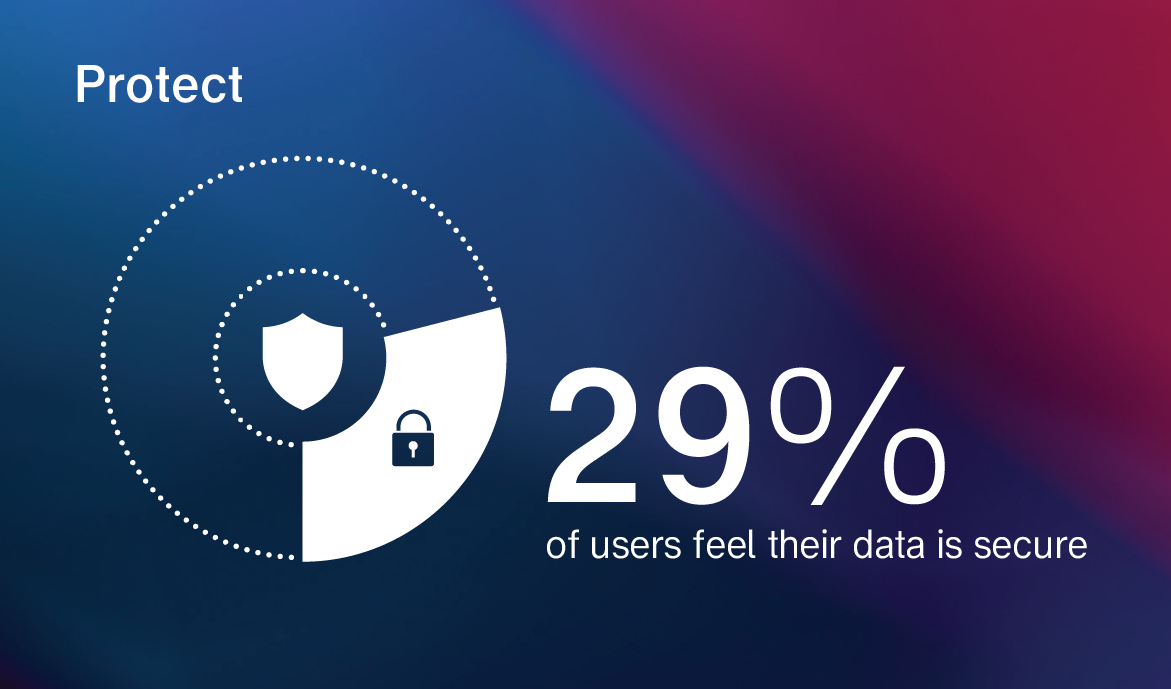Laws, regulations and policies shape healthcare and impact advancements in research and the industry. Our goal is to share our insights with policymakers while remaining fully accountable and transparent.
When it comes industry innovation and health data, our vision is grounded in three words: Access. Utilize. Protect.
Legal Frameworks

State level
Some federal states in Germany maintain lobby registers and require registrations under different modalities. Nationwide, Brainlab is listed in the Bavarian Lobby Register. Since early 2022, companies wishing to represent interests vis-à-vis the Bavarian Parliament or the Bavarian State Government must register here.
Federal level
Since the beginning of 2022, all interest representatives must register in the lobby register of the German Bundestag (federal parliament) with the intention to contact members of the German Bundestag or the Federal Government for the purpose of influencing decision-making processes.
EU level
The European Transparency Register is an EU-wide database of companies and organizations that seek to influence decision-making processes at the EU level. Brainlab is voluntarily registered in this non-mandatory database. However, a quasi-mandatory register is being sought at an EU level, a move we very much welcome.
Memberships in Associations
Participation and representation on state, national and international levels need teamwork. Since legislative decisions often impact whole industries, rather than each working on their own, companies connect within trade associations in order to aggregate their voices. In strict compliance with competition laws, associations help to inform their members about developments in business and politics that are relevant to them and jointly take and communicate viewpoints both reactively and proactively.
BVMed
Ostasiatischer Verein
Grüner Wirtschaftsdialog e.V.
Wirtschaftsforum der SPD e.V.
Wirtschaftsbeirat der Union e.V.
Lateinamerika Verein e.V.
Our Team
Interested in learning more about our vision and involvement in policy making for health data? Contact our Government Affairs team.





